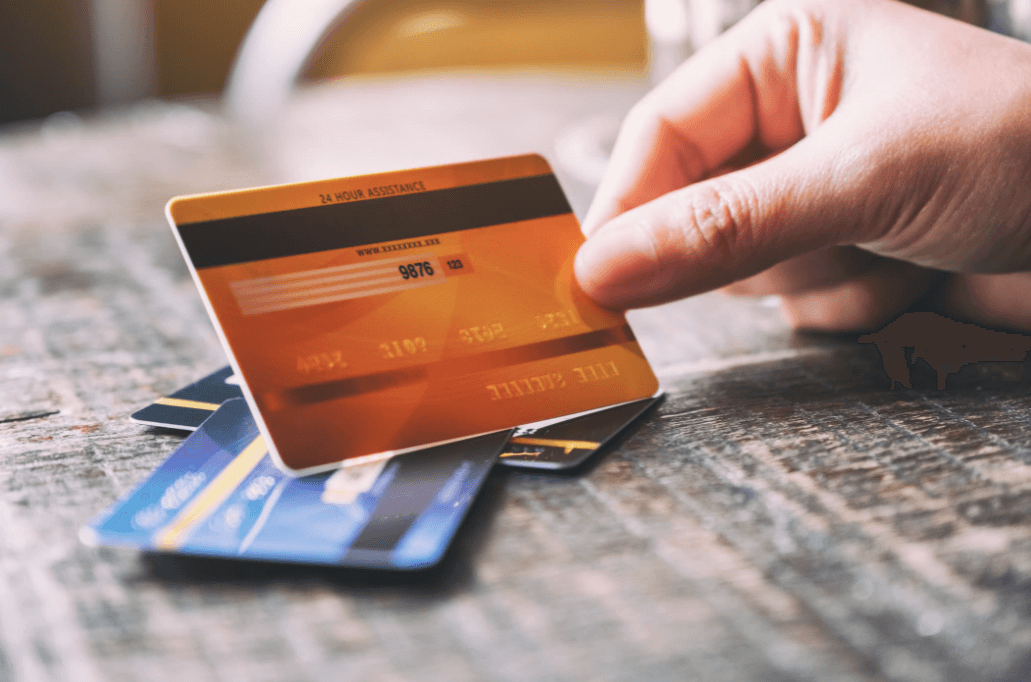Overspending, missing due dates due to postal delays, waiting till the eleventh hour in an attempt to make the most of the interest-free period, and confusion regarding the billing and payment due date – these are some of the prominent reasons why people default on their credit card dues –
But no matter how justified a delay in payment may be, it will have serious consequences. Though banks won’t come knocking at your door after you miss a payment, rest assured that they are taking action behind the scenes.
Listed down are the consequences of missing credit card payments that should be reasons enough to not default.
- Late Payment Fee
Every default in credit card dues comes with a penalty. According to the latest guidelines issued by the Reserve Bank of India (RBI), a card provider must charge a late payment fee when the cardholder fails to clear off dues even after three days past the due date. The penalty will then be added to the following month’s credit card bill and can range anywhere from Rs. 100 to Rs. 750.
- Higher Rate of Interest
If you have failed to clear the minimum amount payable by the due date, your bank will charge a higher rate of interest on the outstanding bill amount. This penalty can make your interest rate go as high as 30% and will be levied on any cash withdrawals or new purchases you make.
However, the card provider will charge you the penalty interest rate only if you have pending dues even after 60 days past the due date.
- Negative Impact on Credit Score
This one is self-evident. Banks and credit card companies record any defaults made in clearing credit card dues in your credit report. A major percentage of your credit score is determined just based on whether or not you’ve settled your credit card dues on time.
A poor credit score will present you as a high-risk borrower, impacting your future loan applications – you may either be denied a loan or charged a higher interest rate.
- Withdrawal of the Interest-Free Period
Interest-free or grace period refers to the period in which banks do not charge any interest on a new purchase. This period usually ranges from 20 to 50 days. You can avail of this advantage as long as you pay your credit card dues in full each month.
Defaulting on payments or not even paying the bare minimum may lead to a withdrawal of this interest-free period.
- Reduced Credit Limit
If your bank finds that you’ve been defaulting on credit card payments entirely or even partly for quite some time, they may reduce your credit limit.
This will negatively impact your future spending capacity, and with it, your credit utilization ratio. A higher credit utilization ratio automatically translates to a lower credit score.
In Summary
While it’s easy to apply for credit cards online, it is equally important to use the card carefully. In light of the grave consequences listed above, it is recommended that you never miss or put off a credit card payment till the last date. You can even have the due date changed in case you have multiple bills to take care of. Instead of spreading them out over the month, you can choose one day (probably right after your payday) to have them all cleared at the earliest.
There are other simple ways to ensure you never default on credit card dues. The best one is to activate the auto-pay feature with your bank and set your payments on auto-pilot. If you don’t want to use auto-pay, you can set reminders to receive notifications a few days before a payment is due.
